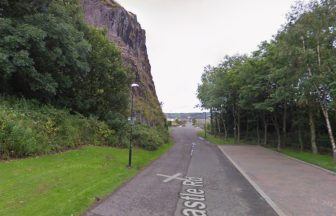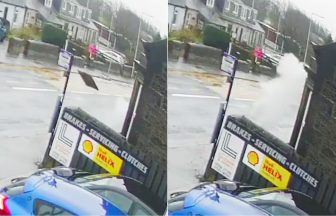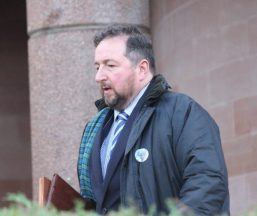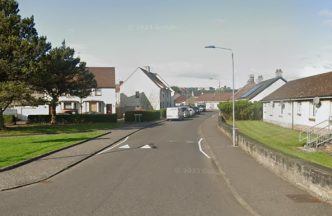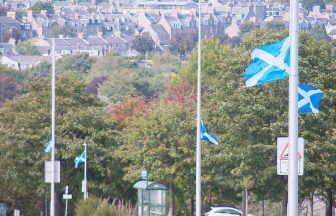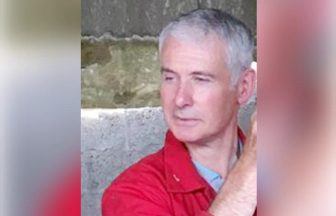The Scottish Government has been urged to take action over a “dangerous gull menace” in the north of Scotland.
Tory MSP Douglas Ross and SNP MSP Fergus Ewing are calling on Scottish ministers to intervene in the ongoing seagull crisis in Moray after an elderly woman broke her leg during an attack.
As part of his efforts against the gulls, Ross held urgent “crunch talks” with Ewing, NatureScot – Scotland’s state-owned nature agency – and the minister for agriculture and connectivity, Jim Fairlie, this week.
Ross said that in 2023, NatureScot granted more than 100 licences for pest controllers in Inverness and Nairn to either remove nests or “spike” eggs, preventing the gulls from hatching.
In 2024, no licences were approved initially except on appeal and after most of the eggs had hatched. Ross claims this same pattern has continued this year as well.
NatureScot updated its guidance in February 2024 in response to “significant and serious declines” in all five gull species that breed in Scotland.
With gull numbers in Scotland down by between 44% and 75%, depending on the species, NatureScot intended to reduce the number of lethal licences issued to control the birds in towns and cities.
The organisation is now focusing on preventative, non-lethal measures to control the birds.
“We have always been very clear on the reasons for updating our guidance for gull licensing. The evidence shows that gull populations are facing significant and serious declines,” a spokesperson for NatureScot said.
“Simply killing gulls and their chicks is a sticking plaster and will not solve the problems some people experience.
“We need to find ways to live with gulls and other wildlife and that is why we are working with several Scottish local authorities to look at how we can support a more coordinated approach to gull management across a number of town and city centres, including Inverness, Nairn and Elgin.”
However, Ross has still accused NatureScot of managing the “ongoing gull menace” in towns across Moray “extremely poorly”.
He criticised the license crackdown and said he has been met with an “attitude from NatureScot that they are right, and everyone else is wrong”.
“They refuse to acknowledge the concerns of local people and businesses and they are making it almost impossible for licences to be issued to control the growing population of urban gulls,” he said.
NatureScot repeatedly emphasised that it has a duty to balance the conservation and protection of species with public interests such as safeguarding people from health and safety risks.
“We understand that gulls can sometimes cause issues in our towns and cities, and we are in contact with Mr Ewing and Mr Ross regarding their concerns,” a spokesperson for the organisation said.
Agriculture minister Jim Fairlie previously said all wild birds in Scotland, as well as in the rest of the UK and Europe, are protected by law “and they should remain so”.
He previously told Parliament: “I appreciate that gulls can be a serious nuisance in urban areas but the answer is not to allow free rein to kill those birds, especially when overall numbers of gulls, taking natural and urban populations together, are actually in decline.”
He said NatureScot can and do provide licences for lethal control where there are issues of public health safety.
“I’m not dismissing the point that Douglas Ross makes,” he added. “I absolutely get the fact that urban gulls are a problem – but killing them and giving licences out willy-nilly is not the answer.”
A Scottish Government spokesperson added: “Although NatureScot provides licences for lethal control where there are issues of public health and safety, killing gulls is not the answer, especially when the overall numbers of gulls, taking natural and urban populations together, are in decline.
“It is vital to get gulls back to their natural habitats and to reduce the tension between the gulls and the people living in communities. To support this, local authorities and property owners need to deter gulls from nesting on their properties and reduce feeding opportunities in towns and cities.”
Follow STV News on WhatsApp
Scan the QR code on your mobile device for all the latest news from around the country


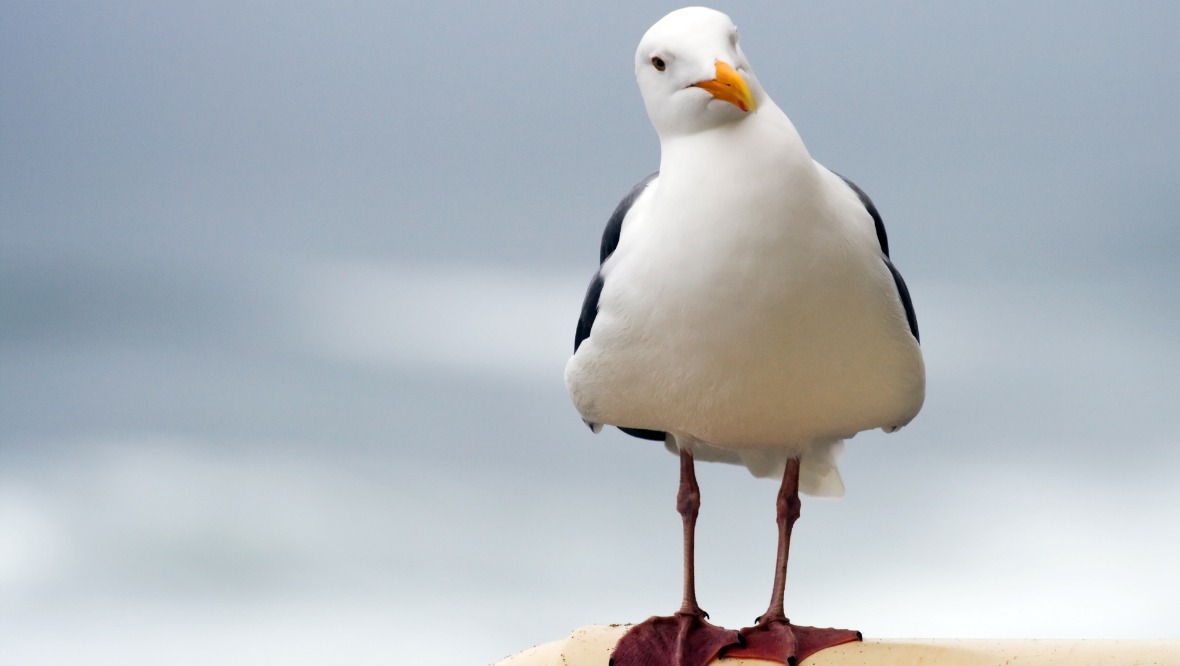 iStock
iStock






